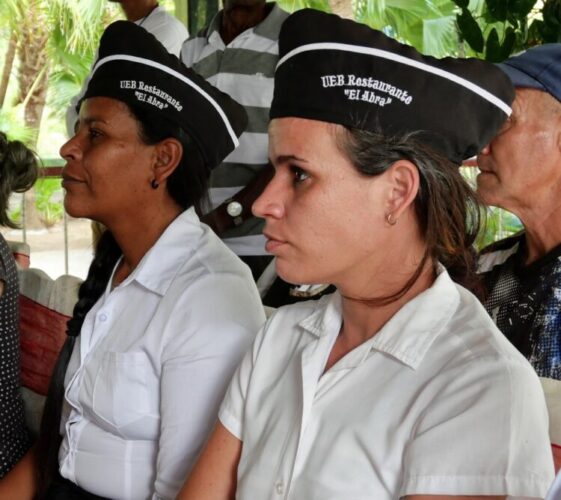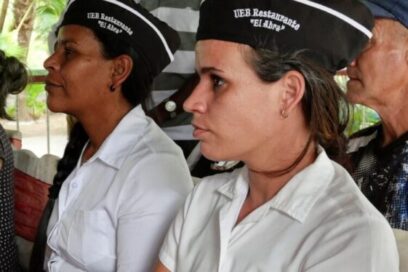Today, more than ever, unions on the island are activating their organizational bodies to foster dialogue with union leaders about the priorities of the current stage of the workers’ movement, based on agreements approved at the conclave of the organization.

The discussions cover important issues such as the affiliation of both state and non-state workers, savings through improved economic performance, and the need to reduce imports by leveraging greater local potential. Additionally, there’s a focus on drawing from history to cultivate essential human and social values.
This forum is essential not only for issuing directives but also for listening to trade union leaders and understanding the main concerns of the workforce, which range from dissatisfaction with current pay systems to frustrations with bureaucratic processes.
The space also provides an opportunity to review the country’s recent exceptions regarding food imports—information that must be shared across the sector to ensure rational resource use without compromising service quality.
Other focal points include achieving income and profit targets, increasing productivity and efficiency, encouraging savings, promoting a culture of quality work, and eliminating shortages, losses, illegalities, criminal acts, overdue payments, and deficits in internal controls.
To meet these goals, it is necessary to maintain a healthy wage-to-productivity ratio, treat users with courtesy, avoid unnecessary obstacles, and foster attention to detail at every level. In doing so, these organizational spaces fulfill their role as forums for debate and catalysts for improved performance.


